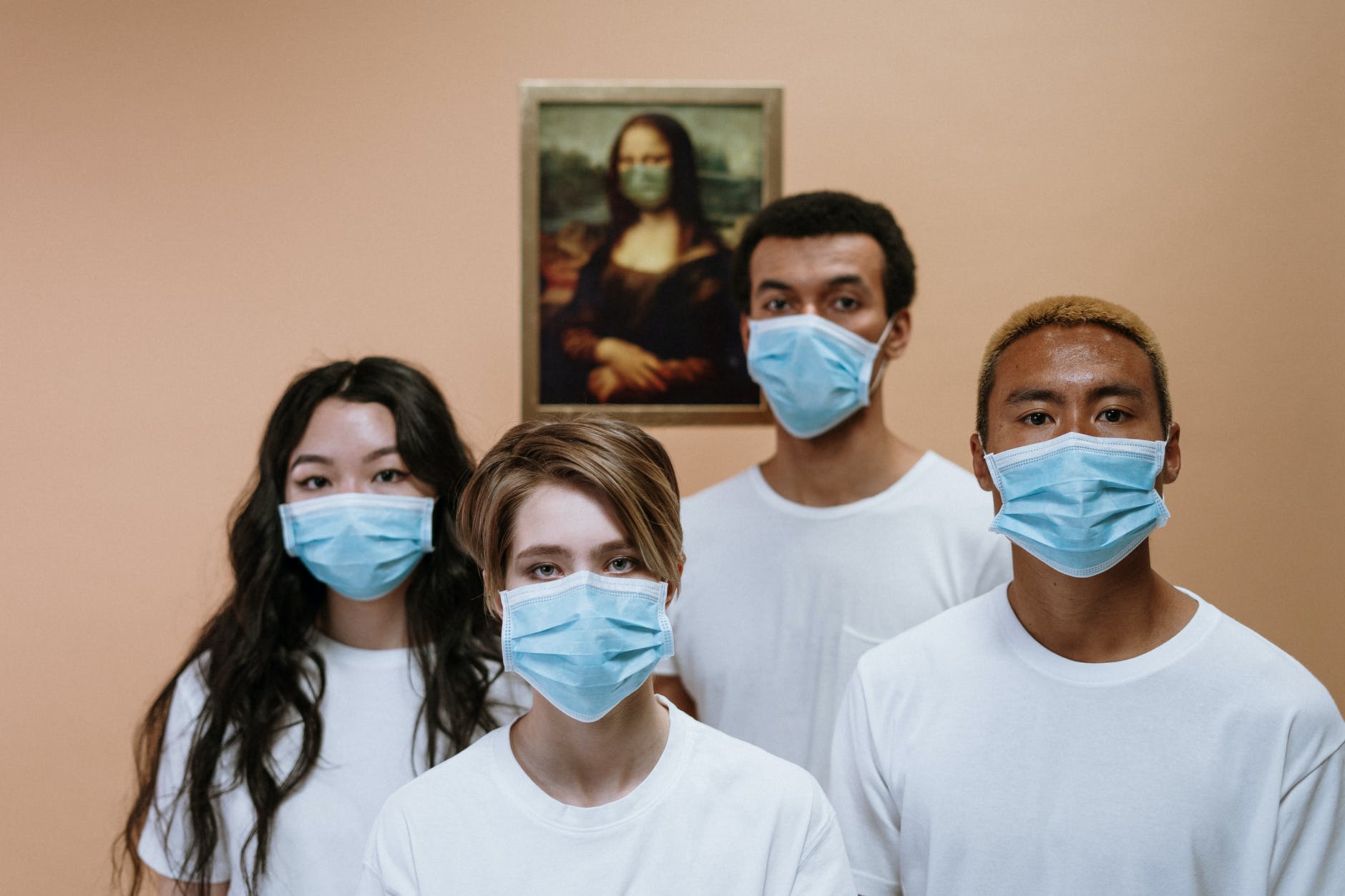First Buddhist Chaitya, more stupas excavated in Gujarat’s Vadnagar
<p class="post-meta">
<span class="date"><i class="icon-calendar"/> Nov 03, 2020</span>
<span class="meta-user"><i class="icon-user"/> <a href="https://web.archive.org/web/20210613083800/https://www.buddhisttimes.news/author/shyamal/" title="Posts by Shyamal Sinha" rel="nofollow">Shyamal Sinha</a></span>
<span class="meta-cat"><i class="icon-book"/> <a href="https://www.buddhisttimes.news/category/breakingnews/" rel="category tag" rel="nofollow">BREAKING NEWS</a>, <a href="https://www.buddhisttimes.news/category/topnews/" rel="category tag" rel="nofollow">TOP NEWS</a></span>
<span class="meta-comment last-meta"><span>Comments Off<span class="screen-reader-text"> on First Buddhist Chaitya, more stupas excavated in Gujarat’s Vadnagar</span></span></span>
</p>
<hr class="none"/>
The Covid lockdown interval has yielded a serious treasure for the Archaeological Survey of India (ASI) crew working at Vadnagar, the hometown of PM Narendra Modi. This features a pretty well-preserved construction believed to be a Chaitya, a shrine with a prayer corridor, and two stupas in the neighborhood.
The historic marvels have been dug up from close to the grain godown in Vadnagar and date again to the 2nd to seventh Century. This time interval coincides with Chinese traveller-monk Hiuen Tsang’s go to to the traditional city in the seventh Century.
A crew of ASI’s Excavation Branch V has been stationed in the traditional city since 2015 to hold out cultural sequencing of the PM’s hometown. Work in season 2019-20 was primarily targeted on two spots – Amba Ghat on the banks of Sharmishtha Lake, and the neighborhood of grain godown close to the railway line.
“The main structure, possibly a Chaitya, was excavated from the site spread over a 50X20 metre area. It is an apsidal (semi-circular) structure. The structure is being closely studied but is believed to be a Buddhist Chaitya because of it’s unique design,” mentioned sources near the event. “The Chaitya structure dates back to 2nd-3rd Century CE. It also shows signs of repairs around 5th Century CE onwards.”
‘Built chaityas rarer than rock-cut ones’
The chaitya and stupa are situated away from the traditional boundary of the city with a water physique in the neighborhood. These traits are sometimes discovered in historic Buddhist websites. We have all causes to consider this to be a website that will have been one of many 10 websites noticed by Hiuen Tsang,” mentioned an professional.
Archaeology specialists mentioned that discovering a constructed chaitya is much less frequent than a rock-cut one. Devni Mori, one other landmark Buddhist website in Gujarat, had an apsidal construction, they added.
A round stupa measuring 3mx1.5m was discovered from the identical construction, which specialists affiliate with the sooner part of the chaitya. Another memorial stupa — a 2mx2m sq. — has been discovered from the identical website. “It’s identified as a memorial stupa as we have also found a space to keep the revered relics. This structure dates to 5th-7th century CE,” mentioned an professional related to the venture.
Experts related to the venture say the recent discoveries additional cements Vadnagar’s stake as an necessary Buddhist centre in the previous millennium. In the previous decade, a Buddhist construction, believed to be a nunnery, was unearthed by the state archaeology division. Later excavations by ASI have thrown up a superstructure on the banks of Sharmishtha Lake, 23 chambers believed to be a monastery, and a big cache of Buddhist artefacts.
<hr class="none"/>












